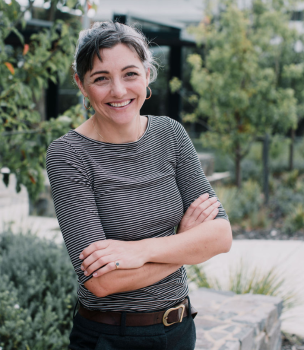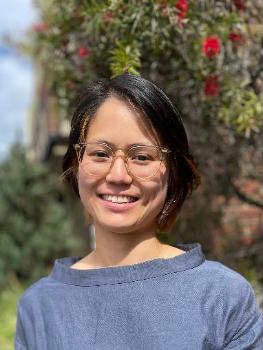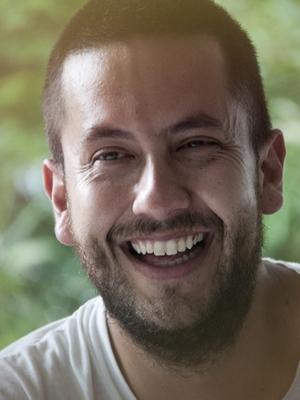
The Early Years Living Lab is a research-focused initiative of the School of Education in the College of Arts, Law and Education at the University of Tasmania. Aligning with the University's globally recognised climate action leadership, the Lab’s intention is to develop an early years’ climate change model and early years climate change leaders for Tasmania, and to promote some of the outstanding work around sustainability and place that is already happening in Tasmania’s early years’ services.
The broad vision for the Lab is to work closely with the early years’ sector to create climate change educational leadership for Tasmania and for Australia, and to respond creatively to one of the most urgent issues of our time – the climate crisis. In order to develop a model for early years’ climate change education, the Lab emphasises research and education. Research informed education helps us to better understand how to develop responsive and empowering pedagogical leadership that strengthens children’s sense of wellbeing, agency and belonging to place and to the planet.
Some of our guiding questions ask
- How can education help to build climate change resilience in young children to support their health and wellbeing?
- What new abilities and capabilities do children need to flourish in a climate-changed world?
- What knowledges and practices do children already have about climate change?
- What do they care about?
- What do children want to change?
- What do they want to keep?
- What are children’s ideas and designs for liveable futures?
- How do children make sense of the places they know, and what do they notice about the animals, plants, the water and the soil in their places?
Relationality is a core concept for the Lab
The Lab brings together educators, children, families and communities, researchers and policy-makers and other stakeholders to foster collaboration and innovation. The Lab is both place-based and planetary in its approach. Climate change affects everyone of us in the places where we live, and it affects the entire planet.
We acknowledge and pay deep respects to the traditional custodians of the lands and waters of lutruwita/Tasmania, we pay respect to their strength and resilience in caring for Country and we recognise that sovereignty has never been ceded. This was, and always will be, Aboriginal land.
People
PhD candidates

Felicity is a PhD candidate at the University of Tasmania based in Canberra. She is currently researching clothing as participants in relations of care for young children through the lens of post-humanism, new materialism and sustainability.

Sayuri is a PhD candidate (Education) researching children’s relations with food in an early childhood education and care setting from a more-than-human perspective. Sayuri lives on the Bunurong Country and has worked as an early childhood educator and trainer across Naam (Melbourne).

Bryan is a PhD student focusing on the intersection of climate change education in early childhood and sound. Bryan has a background as an experimental sound artist, community arts facilitator and disability supports worker.
Contact
If you’re interested in getting in touch with the lab, please contact:
Iris Duhn – Launceston // iris.duhn@utas.edu.au
Sarita Galvez – Hobart // sarita.galvez@utas.edu.au